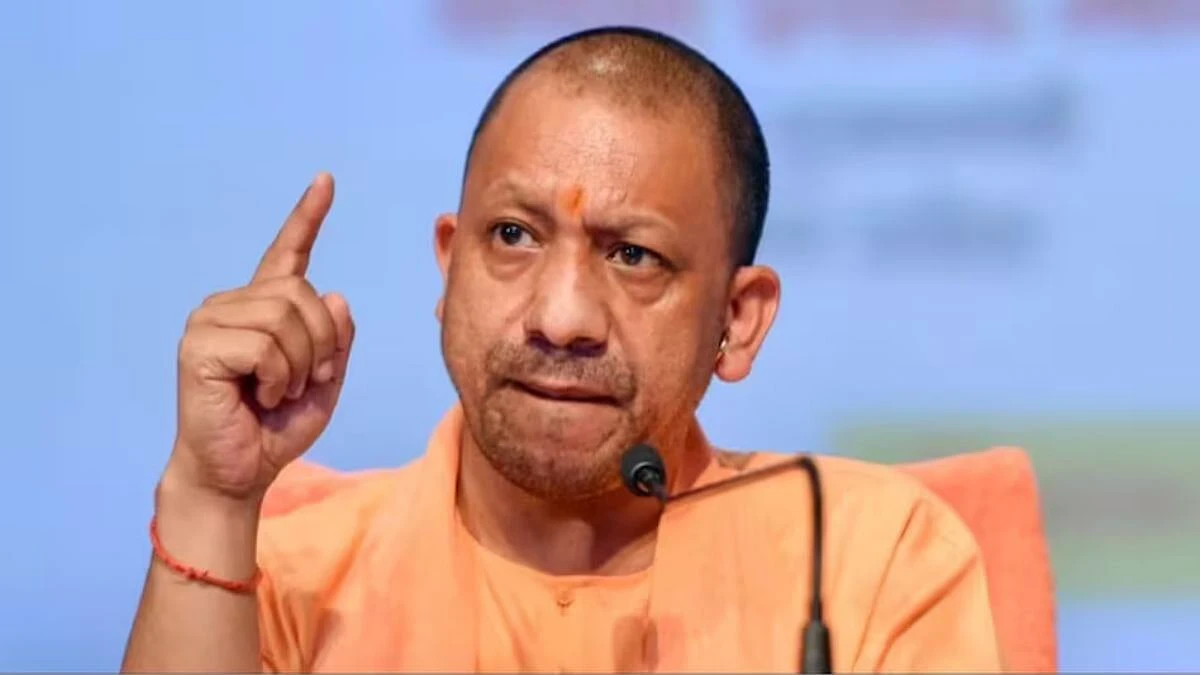Lucknow: Under Chief Minister Yogi Adityanath’s leadership, Uttar Pradesh is scripting a new chapter of industrial growth rooted in agriculture.
The state is rapidly transforming into India’s leading food processing hub.
A recent Global Trade Research report identifies Uttar Pradesh and Gujarat as the nation’s “food processing powerhouses.” While Gujarat has advanced dehydration plants in Mehsana and Banaskantha, Uttar Pradesh is building state-of-the-art processing facilities in Agra and Farrukhabad, ensuring double benefits for farmers through contract farming and robust cold storage networks.
Today, over 65,000 food processing units in the state employ around 2.55 lakh youth. The Yogi government aims to establish 1,000 new units in every district, enhancing both value addition and job creation.
Uttar Pradesh has already developed 15 agro- and food-processing parks, including those in Bareilly, Barabanki, Varanasi, and Gorakhpur. Notably, BL Agro plans to set up an integrated agro-processing hub in Bareilly worth ₹1,660 crore, featuring facilities for rice milling, oil extraction, and packaging.
The state government is now emphasizing fruit and vegetable processing, high-value crops, and export-oriented industries to connect farmers directly with global markets. A key initiative is the upcoming South Asia Regional Centre of the International Potato Centre (CIP) in Agra, which will drive advanced research on potatoes and other tuber crops, benefiting major producing districts such as Kanpur, Agra, Lucknow, and Farrukhabad by improving prices and export opportunities.
With rising global demand, countries such as the U.S., Bangladesh, the UAE, and Vietnam are increasingly importing Indian processed food, expanding the market potential for Uttar Pradesh. Experts project India’s consumer spending to reach $6 trillion by 2030, offering massive investment and employment opportunities in the state.
To support this growth, the Yogi government’s Food Processing Industry Policy 2023 has laid a strong foundation, with 19 new projects approved so far. The policy provides production-based subsidies, interest subvention, and exemptions on land use, stamp duty, and development fees. Special incentives promote solar energy use, cold-chain infrastructure, cluster development, and technology upgrades.
Focusing on local raw material availability, the policy is creating a three-tier value chain linking farmers, processors, and entrepreneurs. With its vast market, skilled manpower, and competitive production costs, Uttar Pradesh is fast emerging as one of India’s most attractive destinations for food processing investment.
